For industrial chocolate and confectionery manufacturers, the quality of cocoa liquor directly affects the taste, texture, and consistency of the final product. Unlike cocoa butter, cocoa liquor is a pure paste made from ground cocoa beans, containing both cocoa solids and cocoa fat. It is indispensable for high-quality chocolate, bakery fillings, beverages, and even certain pharmaceutical and cosmetic applications.
Sourcing cocoa liquor efficiently and reliably is critical. For factories in Europe, the Middle East, and Africa, Tunisia has emerged as a strategic hub, offering a combination of competitive pricing, reliable logistics, and growing production expertise.
At MT Royal, we’ve supplied industrial facilities worldwide and understand the challenges you face—ensuring consistent quality, managing supply chain risks, and meeting production deadlines. In this article, we’ll explore everything you need to know about sourcing cocoa liquor in Tunisia, including quality standards, industrial advantages, procurement strategies, and premium brand options like Latamarko.
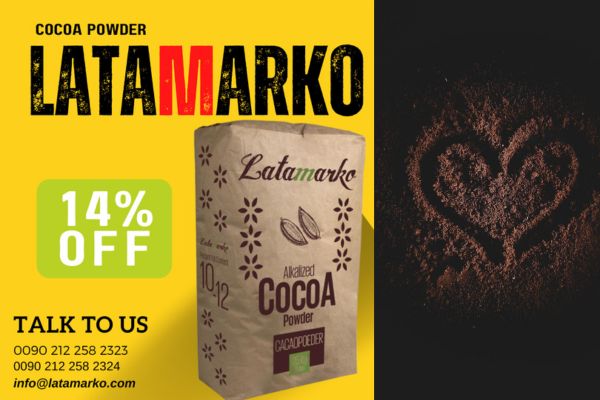
What Is Cocoa Liquor?
Definition and Production Process
Cocoa liquor, also called cocoa mass or chocolate liquor, is produced by fermenting, roasting, and grinding cocoa beans until they form a thick, liquid paste. It contains roughly 50–55% cocoa butter and 45–50% cocoa solids, giving it its distinct rich chocolate flavor and texture.
Production Steps:
- Fermentation – Developing flavor precursors in raw beans.
- Drying – Reducing moisture to prevent spoilage.
- Roasting – Enhancing flavor, reducing bitterness.
- Cracking and Winnowing – Removing shells from nibs.
- Grinding – Producing a smooth paste that becomes cocoa liquor.
Cocoa liquor can be further processed into chocolate, cocoa powder, and confectionery coatings, making it a highly versatile industrial ingredient.
Industrial Benefits of High-Quality Cocoa Liquor
1. Flavor and Texture Control
High-quality cocoa liquor ensures consistent chocolate flavor, smooth texture, and proper melt-in-mouth properties, which are crucial for confectionery and premium chocolate lines.
2. Cost Efficiency for Large-Scale Production
Purchasing cocoa liquor in bulk from trusted suppliers in Tunisia allows factories to reduce cost per unit, maintain production flow, and avoid unnecessary downtime.
3. Versatility in Applications
- Chocolate production: Base ingredient for dark, milk, and compound chocolate.
- Bakery products: Incorporated in ganache, fillings, and coatings.
- Beverages: For hot chocolate, cocoa drinks, and syrups.
- Cosmetics and pharmaceuticals: Forms the base for emollients, creams, and therapeutic formulations.
4. Stable Production Performance
Consistent cocoa liquor quality minimizes temper issues, fat separation, and crystallization problems, reducing rework and improving production efficiency.
5. Premium Product Differentiation
By sourcing from premium suppliers like Latamarko, factories can differentiate their products with superior flavor, smoothness, and stability, appealing to high-end markets.
Why Choose Tunisia for Cocoa Liquor Supply
Strategic Location and Logistics
Tunisia’s proximity to Europe, North Africa, and the Middle East makes it a logistical advantage. Ports such as Tunis, Sfax, and Gabès enable efficient bulk shipments, ensuring continuous supply for industrial production lines.
Competitive Pricing
Compared to European suppliers, Tunisian cocoa liquor often comes at lower costs without compromising basic quality standards, making it ideal for cost-sensitive large-scale production.
Growing Reputation for Quality
Tunisian suppliers increasingly adopt international standards, including:
- ISO 22000 & HACCP certifications
- Quality-controlled roasting and grinding
- Traceability systems ensuring batch consistency
At MT Royal, we leverage these suppliers’ capabilities to provide reliable cocoa liquor options tailored for industrial needs.
Bulk Supply Flexibility
Tunisia-based suppliers can accommodate custom specifications, including:
- Cocoa solids percentage
- Particle size and viscosity
- Packaging formats (bags, drums, or bulk tanks)
This flexibility is essential for industrial mixers, tempering machines, and filling lines.
Common Pitfalls in Industrial Cocoa Liquor Procurement
Even experienced procurement managers face challenges. Key pitfalls include:
1. Overemphasis on Price
Low-cost suppliers may compromise on cocoa bean quality, fat content, or roasting consistency, causing production issues and product inconsistencies.
2. Neglecting Supplier Credentials
Without verifying certifications, traceability, and past industrial clients, manufacturers risk substandard or unverified cocoa liquor that may fail audits or export requirements.
3. Improper Storage and Handling
Cocoa liquor is sensitive to temperature, humidity, and light exposure. Improper storage can cause separation of cocoa solids and butter, fermentation, or off-flavors.
4. Ignoring Lead Times
Bulk shipments require planning. Delays in port clearance or shipping schedules can disrupt just-in-time production.
Step-by-Step Guide to Sourcing Cocoa Liquor
Step 1: Define Specifications
Determine the industrial requirements:
- Cocoa solids percentage (standard 45–50%)
- Fat content and viscosity
- Particle size for smooth chocolate or coatings
- Packaging formats compatible with industrial machinery
Step 2: Identify and Evaluate Suppliers
- Verify certifications and ISO/HACCP compliance
- Assess past industrial clients
- Check storage and production practices
Step 3: Pilot Testing
- Run small-scale trials to check melting behavior, flavor consistency, and mixing compatibility.
- Test across machinery like conche machines, tempering lines, and enrobing equipment.
Step 4: Total Cost Analysis
Consider:
- FOB price and freight charges
- Customs duties and taxes
- Storage and buffer stock costs
- Quality testing and assurance fees
Step 5: Inventory and Supply Planning
- Maintain 4–6 weeks of buffer stock to avoid production interruptions
- Store in controlled temperature and humidity conditions
Step 6: Monitor Performance
Track:
- Supplier reliability
- Batch consistency
- Production impact metrics like scrap rates and downtime
Industrial Considerations for Large-Scale Cocoa Liquor Production
- Temperature management: Maintain below 25°C to prevent fat separation
- Viscosity control: Ensure cocoa liquor blends seamlessly in mixers
- Supply chain resilience: Consider dual sourcing with Tunisia and premium European suppliers like Latamarko
- Quality segmentation: Use Tunisian bulk for standard lines, premium European options for high-end chocolate
Real-World Example: Optimizing Cocoa Liquor Supply
A Tunisian chocolate manufacturer faced melting inconsistencies with a previous supplier. MT Royal recommended:
- Supplier verification and audit
- Pilot batch testing
- Dual-sourcing strategy (Tunisia for standard, Latamarko for premium)
- Inventory buffer implementation
Result: Reduced downtime by 25%, improved flavor consistency, and smoother scaling for exports.
Comparison Table: Tunisian Bulk vs European Premium Cocoa Liquor
| Feature | Tunisian Bulk | Premium European (Latamarko) |
|---|---|---|
| Cost | Lower | Higher |
| Cocoa Solids | 45–50% | 50–55% |
| Fat Consistency | Moderate | Tight tolerance |
| Flavor Profile | Standard | Superior, stable |
| Lead Time | Moderate | Predictable |
| Ideal Use | Mass production | Premium chocolate lines |
| Downtime Risk | Moderate | Low |
Frequently Asked Questions (FAQ)
Q1: Can Tunisian cocoa liquor replace European brands?
A1: Yes, for standard production. Premium lines may require European brands like Latamarko for tighter specifications.
Q2: How should cocoa liquor be stored?
A2: In cool, dry warehouses below 25°C, away from direct sunlight and in sealed containers.
Q3: Why work with MT Royal?
A3: We provide trusted sourcing, industrial-grade quality control, and multi-brand options, ensuring production reliability.
Q4: What certifications should I verify?
A4: ISO 22000, HACCP, Organic or Fair Trade (if required), and traceability documentation.
Q5: How to prevent production issues with bulk cocoa liquor?
A5: Conduct batch testing, maintain temperature-controlled storage, and monitor viscosity and flavor consistency.
Conclusion
Sourcing cocoa liquor in Tunisia offers cost-effective, reliable, and scalable solutions for industrial manufacturers. With proper supplier verification, batch testing, and storage practices, you ensure consistent flavor, smooth production, and premium product differentiation.
In our experience at MT Royal, the best approach combines Tunisian bulk for cost-sensitive production with premium European options like Latamarko for high-end chocolate lines, securing both operational efficiency and product excellence.
Remember: in industrial chocolate manufacturing, every batch of cocoa liquor matters—it defines flavor, texture, and ultimately, your reputation in the market.
latamarko alkalized cocoa powder lm60
cocoa powder for chocolate production-Best price
Food industry raw materials – list of products
Types of Gelatin from Turkish Manufacturer
Alkalized Cocoa Powder Bulk Supplier


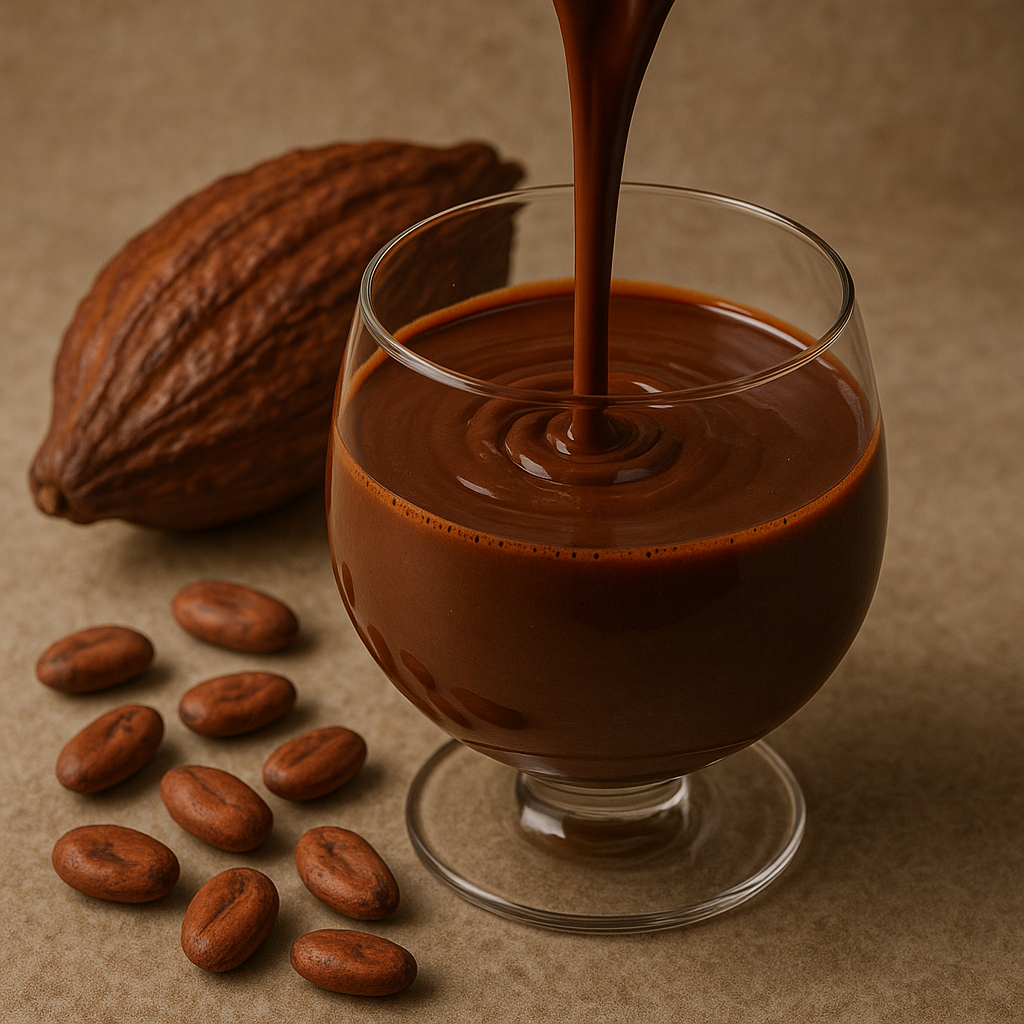
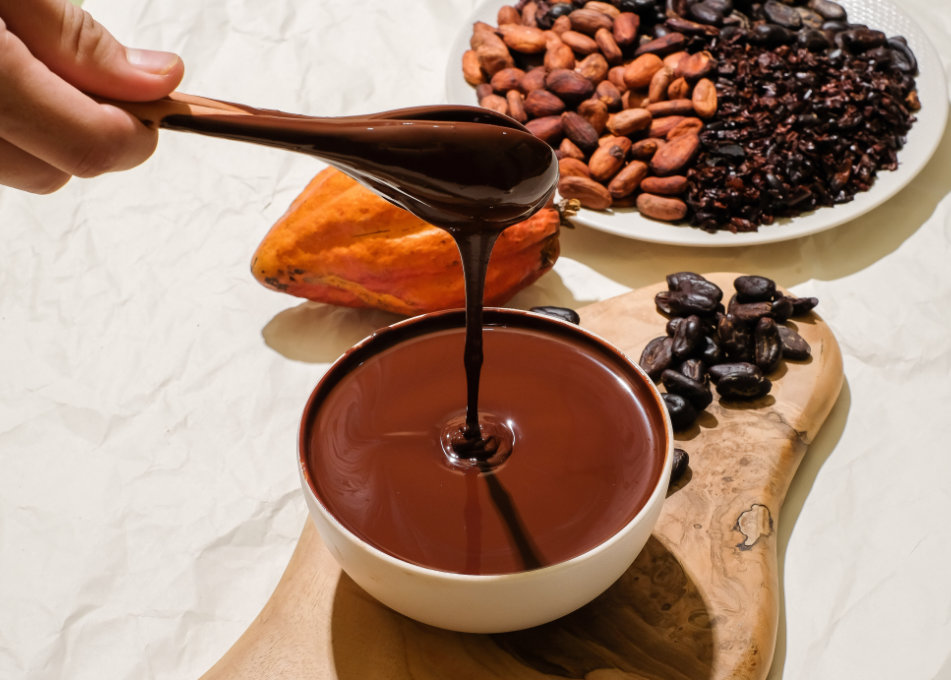
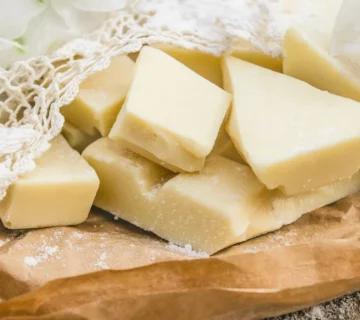
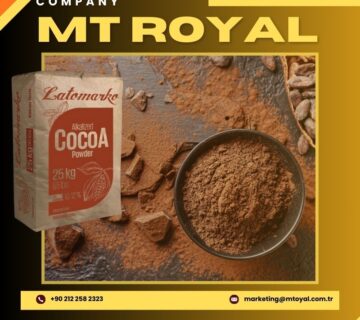
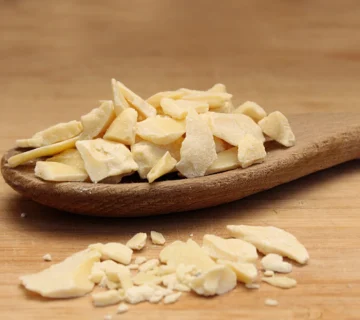
No comment